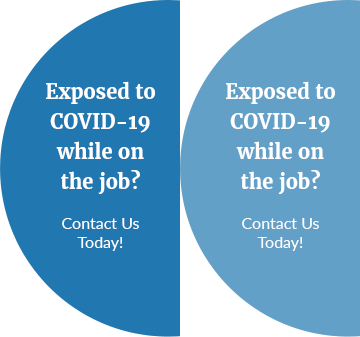Why You Shouldn’t Give an Insurance Adjuster Your Health History
When you’re involved in an accident and there are questions of fault and liability, it’s common for the other party’s insurance adjuster to reach out to you. You may naturally want to be cooperative and helpful with their investigation, especially if they are sympathetic and kind to you. However, you must always remember that they represent their client—not you. Providing certain information to the insurance adjuster could make it nearly impossible for you to seek compensation and may even violate your privacy.
Having your own legal representation can make this process significantly easier for you. Call Caroselli, Beachler & Coleman at 866-565-4949 to set up a consultation with our team now.
What an Insurance Adjuster Wants When They Reach Out to You
You may be caught off-guard by the insurance adjuster’s call. You may be in the hospital getting treatment or recovering at home, which makes it hard to keep a clear head and decide how and if to answer questions. This automatically gives the insurance adjuster the upper hand. They’ve had time to prepare for the call, decide what they want to say, and figure out which approach they want to use with you.
Many people are surprised by how friendly and helpful insurance adjusters can be. Be aware, though, that they have a motive here. If they can catch you off-guard and then make you feel like you’re talking to a friend, they can get a lot more information out of you.
There are several types of information insurance adjusters are looking for when they contact you. First, they want to know what you experienced and observed. They’re particularly interested in seeing if it lines up with what their client said happened. They will use the information and evidence provided to determine liability and decide if they will pay out for the accident.
The insurance adjuster may also be testing the waters to find out if you plan on hiring an attorney. If you are nonchalant about the accident and seem unconcerned about the outcome, they may simply get your side of the story and hope you do not take it any further. If you seem committed to proving their client’s liability, they may shift their focus to convincing you to accept a lowball offer.
How Providing Access to Your Health History Could Harm Your Claim
One question insurance adjusters often ask is if you’ll sign a medical release form. This gives them access to your health history and medical records. They do a good job of convincing victims that they need access to those records in order to assess their injuries and determine how much compensation they deserve.
However, signing a medical release can harm your case in numerous ways. First, if you have any preexisting conditions or injuries, you can expect the insurance company to use them against you. If there’s any possible way to spin an injury to be someone else’s fault, they will do so. This may lead them to decrease the amount they offer or take the offer off of the table completely.
Insurance adjusters may also misinterpret the information they access, which may cause them to misunderstand your injuries and their severity. Remember, they are not trained medical professionals. They are trained to pick out pieces of information and use them to save the company money.
Finally, giving someone unlimited access to your health history is simply unnecessary. Your privacy is important, and you do not need a random person going through your files.
Your Attorney Can Provide the Information the Insurance Adjuster Needs
That isn’t to say that the insurance adjuster doesn’t need any medical information from you. They do need to be able to learn more about their injuries and your treatment plan. But they do not need to get that information directly from you—your attorney can handle all communication with them.
Take the First Step in Your Personal Injury Claim—Call Caroselli, Beachler & Coleman Today
The earlier you talk to a personal injury lawyer, the less likely you are to hurt your case by accidentally telling an insurance adjuster too much. Set up your free consultation now by calling Caroselli, Beachler & Coleman at 866-565-4949 or contacting us online.





 Know Your Rights When Involved in a Motor Vehicle Accident
Know Your Rights When Involved in a Motor Vehicle Accident 
